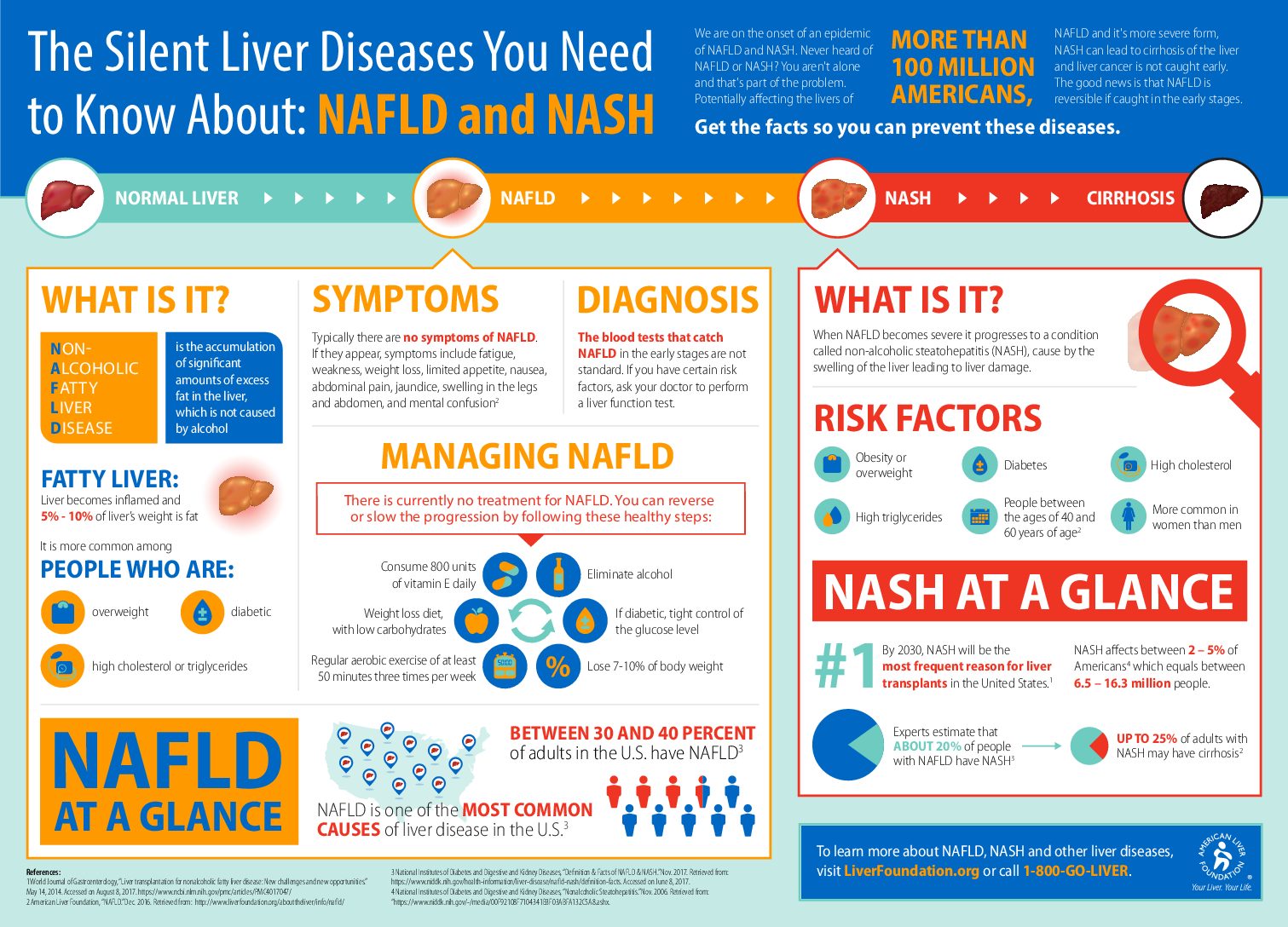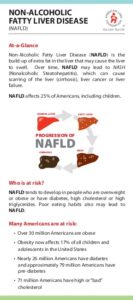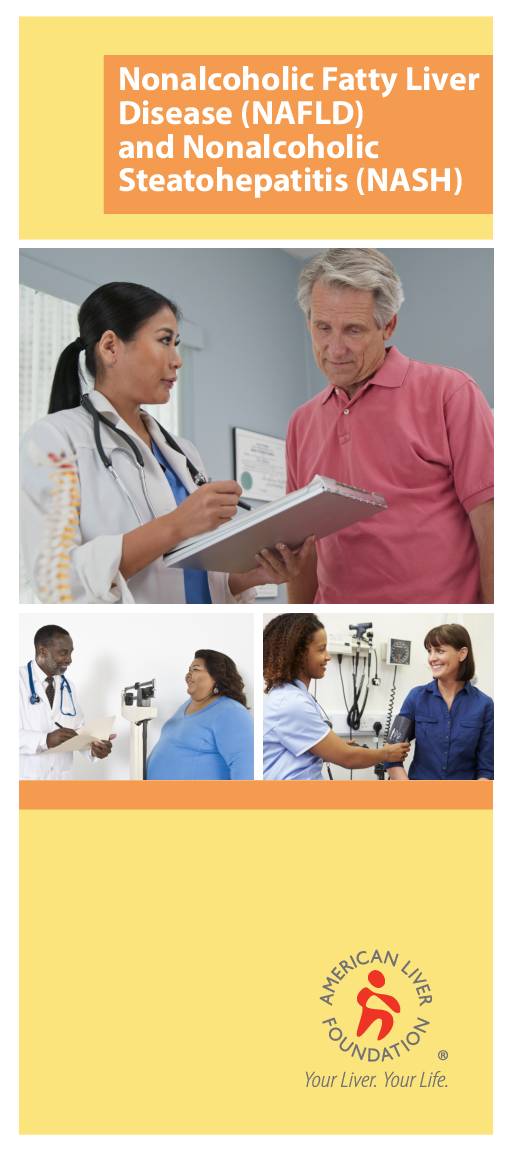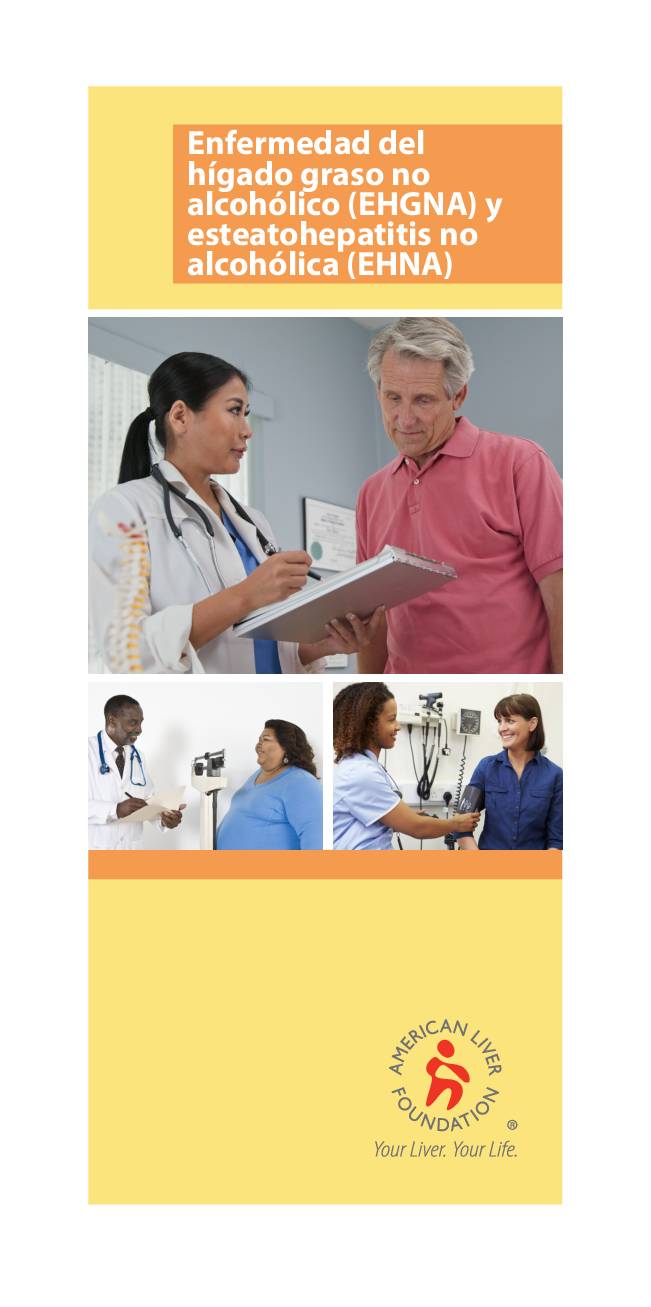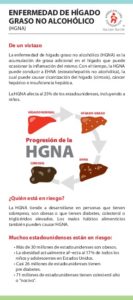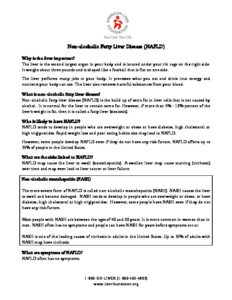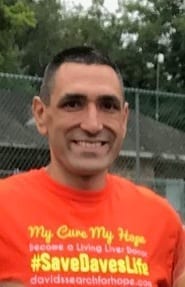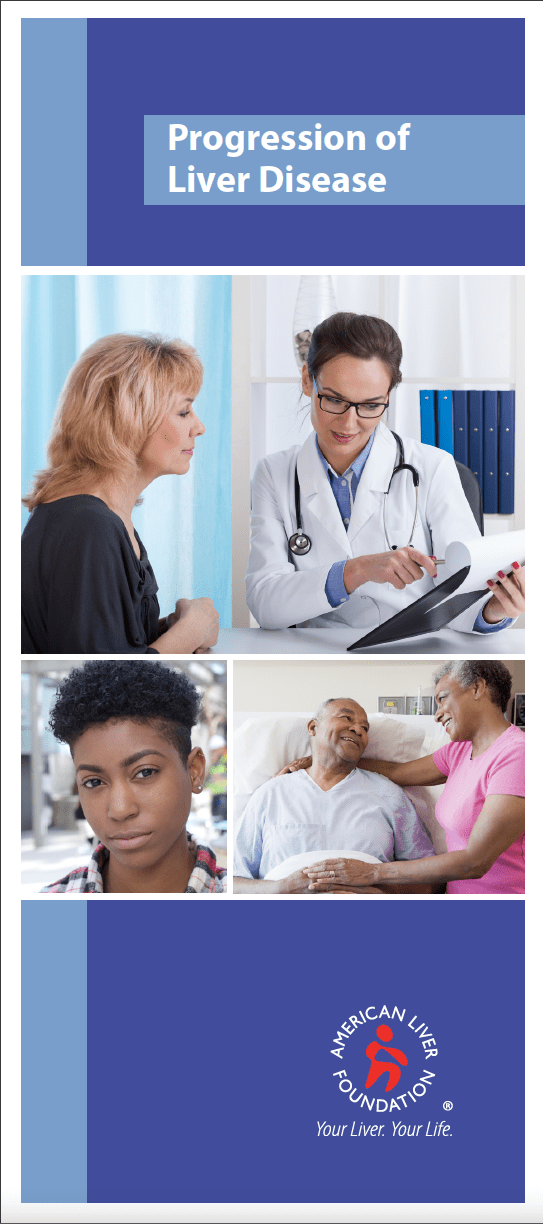Feature Blog Article
NASH and the Roller-Coaster of Emotions

Nonalcoholic fatty liver disease (NAFLD) is the build up of extra fat in liver cells that is not caused by alcohol. It is normal for the liver to contain some fat. However, if more than 5% – 10% percent of the liver’s weight is fat, then it is called a fatty liver (steatosis). The more severe form of NAFLD is called nonalcoholic steatohepatitis (NASH). NASH causes the liver to swell and become damaged.
Support for this video was provided by Scientific Animations and the Allergan Foundation
- About 100 million individuals in the United States are estimated to have Nonalcoholic Fatty Liver Disease.
- Nonalcoholic Fatty Liver Disease (NAFLD), is the most common form of liver disease in children and has more than doubled over the past 20 years.
Who is likely to have Non-Alcoholic Fatty Liver Disease?
Non-alcoholic fatty liver disease tends to develop in people who are overweight or obese or have diabetes, high cholesterol or high triglycerides. Rapid weight loss and poor eating habits also may lead to non-alcoholic fatty liver disease.
However, some people develop non-alcoholic fatty liver disease even if they do not have any risk factors. Non-alcoholic fatty liver disease affects up to 25% of people in the United States.
Read how Nick Giordano, a marathon runner, was diagnosed with non-alcoholic fatty liver disease.
What are the risks?
Non-alcoholic fatty liver disease may cause the liver to swell (steatohepatitis). A swollen liver may cause scarring (cirrhosis) over time and may even lead to liver cancer or liver failure.
What are the symptoms?
Non-alcoholic fatty liver disease often has no symptoms.
When symptoms occur, they may include fatigue, weakness, weight loss, loss of appetite, nausea, abdominal pain, spider-like blood vessels, yellowing of the skin and eyes (jaundice), itching, fluid build up and swelling of the legs (edema) and abdomen (ascites), and mental confusion.
How is it diagnosed?
Non-alcoholic fatty liver disease is initially suspected if blood tests show high levels of liver enzymes. However, other liver diseases are first ruled out through additional tests. Often, an ultrasound is used to confirm the Non-Alcoholic Fatty Liver Disease diagnosis.
How is it treated?
There are no medical treatments yet for non-alcoholic fatty liver disease. Eating a healthy diet and exercising regularly may help prevent liver damage from starting or reverse it in the early stages.
- See a doctor who specializes in the liver regularly
- Talk to your doctor about ways to improve your liver health
- Lose weight, if you are overweight or obese
- Lower your cholesterol and triglycerides
- Control your diabetes
- Avoid alcohol
How can it be prevented?
There are ways to prevent non-alcoholic fatty liver disease:
- Maintain a healthy weight
- Eat a healthy diet
- Exercise regularly
- Limit alcohol intake
- Only take medicines that you need and follow dosing recommendations.
- What condition do I have that suggests NAFLD?
- Can NAFLD be reversed? How long can this process take?
- Do I have cirrhosis or scarring of the liver?
- If I do have cirrhosis – how far has the scarring progressed?
- What kinds of lifestyle changes and diet can I make?
- Would it be possible to be connected to a registered dietitian or nutritionist to make a specific meal plan?
- What kinds of physical activities would be OK for me to do?
- Is there a treatment or medication for NAFLD? Are there any clinical trials?
- Will losing weight help me to get rid of this disease?
NASH Support Group on Facebook
Visit the American Liver Foundation Nonalcoholic Steatohepatitis (NASH) support group on Facebook. For more details, click here…
Nonalcoholic Fatty Liver Disease
Nurses Education Series: NAFLD, NASH and Cirrhosis
Tom’s NAFLD/NASH Story
Tony’s NAFLD Story
Fatty Liver Disease From a Bariatric Surgeon’s Perspective
Ask the Experts Webinar: Updates in Management of Chronic Liver Disease
What You Need to Know About Nonalcoholic Fatty Liver Disease Presented by Dr. Wajahat Mehal and Jessica Dean, RD, CDN
Nonalcoholic Steatohepatitis
A doctor explains NAFLD/NASH
Fatty Liver Disease From a Bariatric Surgeon’s Perspective
How did you first hear about NAFLD or NASH?
What symptoms have you experienced with NAFLD/NASH?
What advice do you have for those recently diagnosed with NASH?
International NASH Day Webinar
Tom’s NAFLD/NASH Story

There are many different types of liver disease. But no matter what type you have, the damage to your liver is likely to progress in a similar way.
Whether your liver is infected with a virus, injured by chemicals, or under attack from your own immune system, the basic danger is the same – that your liver will become so damaged that it can no longer work to keep you alive.
Cirrhosis, liver cancer, and liver failure are serious conditions that can threaten your life. Once you have reached these stages of liver disease, your treatment options may be very limited.
That’s why it’s important to catch liver disease early, in the inflammation and fibrosis stages. If you are treated successfully at these stages, your liver may have a chance to heal itself and recover.
Talk to your doctor about liver disease. Find out if you are at risk or if you should undergo any tests or vaccinations.
Clinical trials are research studies that test how well new medical approaches work in people. Before an experimental treatment can be tested on human subjects in a clinical trial, it must have shown benefit in laboratory testing or animal research studies. The most promising treatments are then moved into clinical trials, with the goal of identifying new ways to safely and effectively prevent, screen for, diagnose, or treat a disease.
Speak with your doctor about the ongoing progress and results of these trials to get the most up-to-date information on new treatments. Participating in a clinical trial is a great way to contribute to curing, preventing and treating liver disease and its complications.
Start your search here to find clinical trials that need people like you.
Last Updated on September 22, 2021
Share this page

